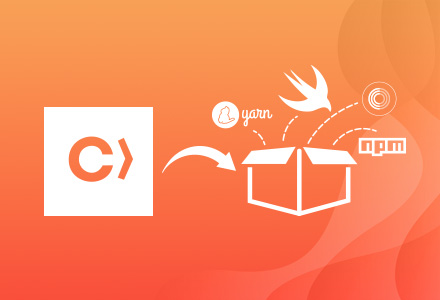Blogging is one of the best marketing tools for small businesses. Along with organic social media, blogging is among one of the only marketing strategies that can gain your business traction with no financial barrier to entry. Blogging marketing is also one of the most effective ways to develop authority, gain exposure, engage your customers and ultimately create long term revenue, especially for small business owners and entrepreneurs. If you are a small business owner that isn’t yet utilising blogging as a marketing tool, you truly are missing out.
Authority
Blogging is the easiest way to display your authority on a topic, and your expertise on the wider goings on within your industry. Instead of explaining your experience on your LinkedIn or in your website bio that just tells people that you have experience in your field, you can display your expertise organically in a series of blog posts that offer real value to your reader. A small business blog where you talk about industry news or wider events going on could also help to establish you as an expert and authoritative source.
Social media exposure
As a small business owner, or head of a startup, you can take advantage of the interconnectedness of the internet to get brand exposure. Small business blogs and the individual blog posts within them can be picked up by hundreds of people who would have otherwise never have been aware of your services. People are eager to share ideas on the internet and quality content often spreads like wildfire. Additionally, the more you build a solid business blog, the further your website climbs through the search engine rankings – and the more prospective clients you get.
SEO
Speaking of your webpages climbing the search page rankings, a small business blog is an excellent means to make sure that when clients search for services in your industry, your business appears high up in the results page, potentially placing you above your competition’s. By doing keyword research and finding out what people are searching for in your area of expertise, you can build a content plan based upon what people are interested in. This makes your website more likely to rank for more search terms, and the more valuable your blogs are, the more likely your business is to stick in prospective customer’s minds as authoritative and trustworthy.
Engagement
By allowing readers to comment on your posts, you get immediate honest feedback about your services and your content. This information is invaluable to small business owners who may have the flexibility to address customer feedback. This allows you to improve the areas of your business that are lacking and create the best customer experience possible.
Where do I start?
1. Understand the basics
If you are completely new to social media and starting a business blog, you are going to want to do some research into what this whole phenomenon is about. Setting up a website for your small business is now incredibly easy, but you still need to understand the basics of domains and web hosting before you can begin.
2. Know your intentions
Why do I want a blog for my business? Is it to generate traffic, to increase your authority or to engage customers? Usually it is a mixture of all three, but knowing exactly where you stand in regards to your intentions makes it easier to know where to focus your time and what specific blogging strategy to take. For example, if you are looking to develop authority you may focus on longer pieces, creating an industry blog, or even writing eBooks that show your knowledge. Conversely if your focus is on engaging customers, you may have smaller pieces that reply to customer questions or comments.
The next steps can be completed by your team – or you can hire an SEO firm to assist with or takeover the process. Regardless of the path you choose, it is important to be aware of what is required.
3. Create a blogging plan
Once you know why you are blogging you want to start creating a plan. Decide how often you will post, 3 times a week is a good general figure, how long your posts will be and what type of content you will cover and when. Have a look at your direct competitors to see what type of topics they are covering. Make sure the goals you set are measurable for example instead of, “we want to expand our readership”, you want to say, “we want to have 100 subscribers to our newsletters within 3 months.”
Pro tip: You can also head to blogs that are authorities in your industry and see what kinds of things people are reading. You want to make sure your content is unique but is also not so different that it isn’t in demand.
4. Create content
For many business owners, it is often a good idea to outsource this process as it can be very time consuming. You have the option of either hiring an SEO firm or finding a freelancer. You can easily find a writer whose style and cadence suits your needs by asking for writing samples beforehand. Even if your industry is rather technical, there are often specialist writers for every niche. Whilst you want to ensure you have appropriate keywords, providing useful content is more important for your search engine rankings. Make sure if you are writing personally, you stick to what you know.
5. Drive people to your blog
This is where the importance of marketing comes into play. You can create buzz pieces such as eBooks and white papers, and have them shared on your Social Media platforms. If you already have a newsletter, send out a notification to all your subscribers. Additionally, you may also want to guest post and comment on other blogs in your niche to develop relationships and generate back-links.
Pro tip: Submit and share your articles on sites such as Twitter, Reddit and LinkedIn– these can be very effective in generating new leads.
There is a lot that can be said about each of these areas, we have barely scratched the surface. A blog is a long term tool and the sooner you start, the better. Start your blog today, or contact us to see how we can help you get started with blogging and other SEO marketing tools.






